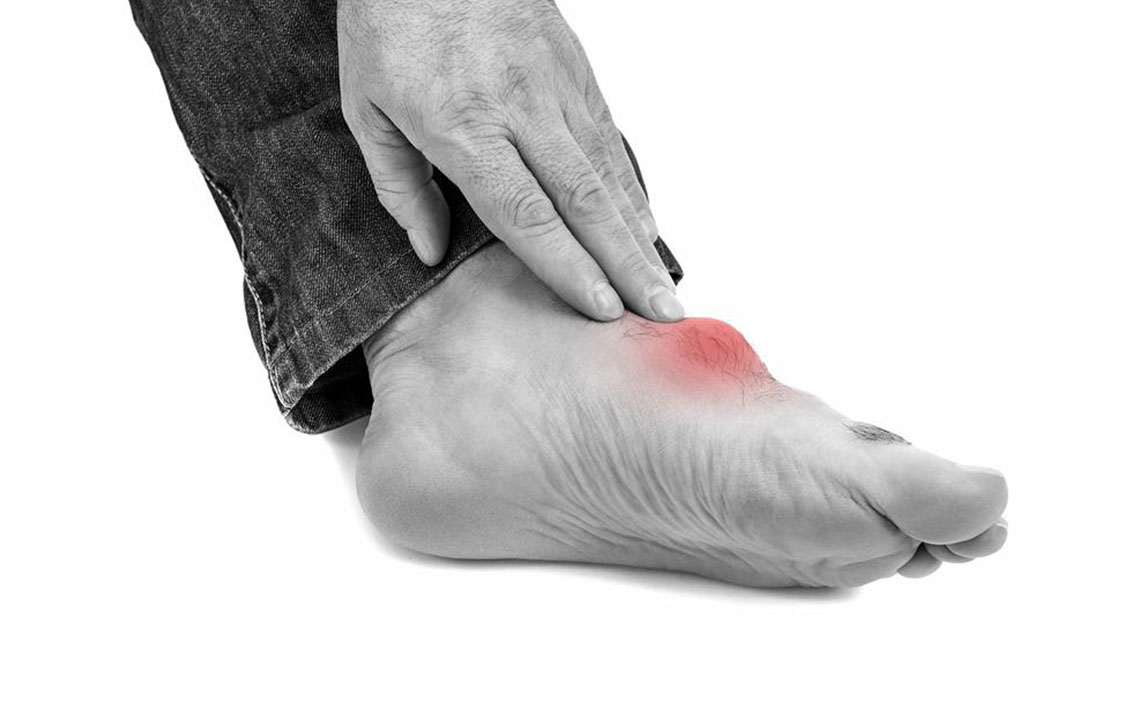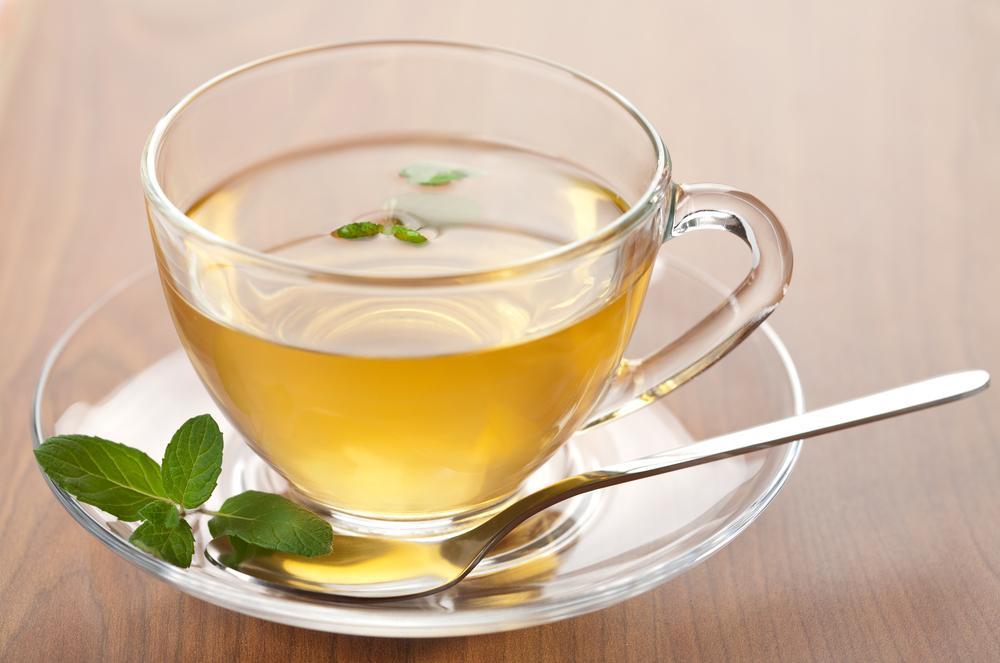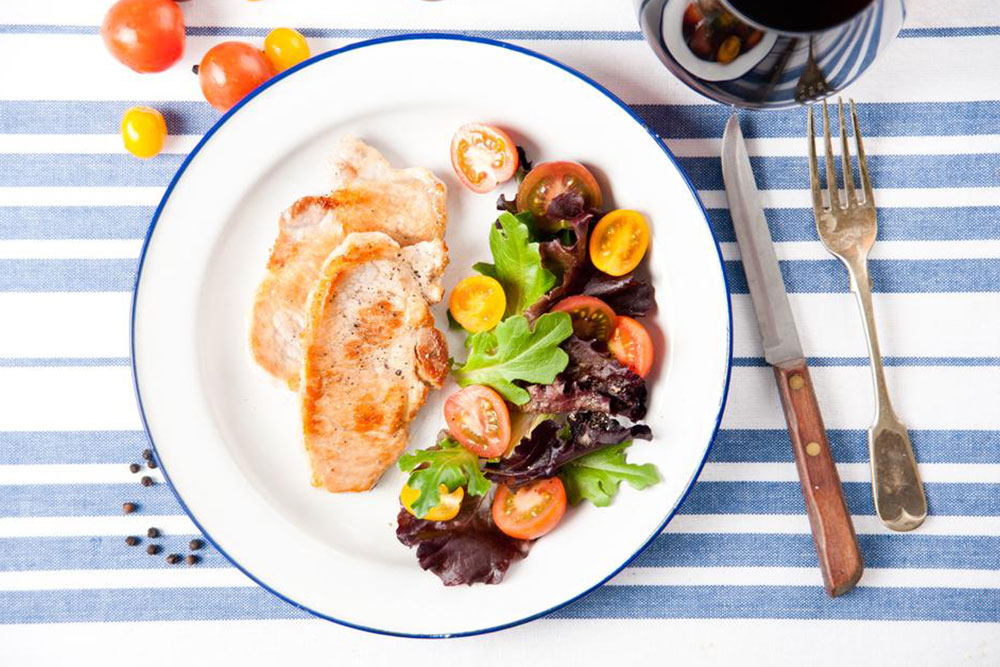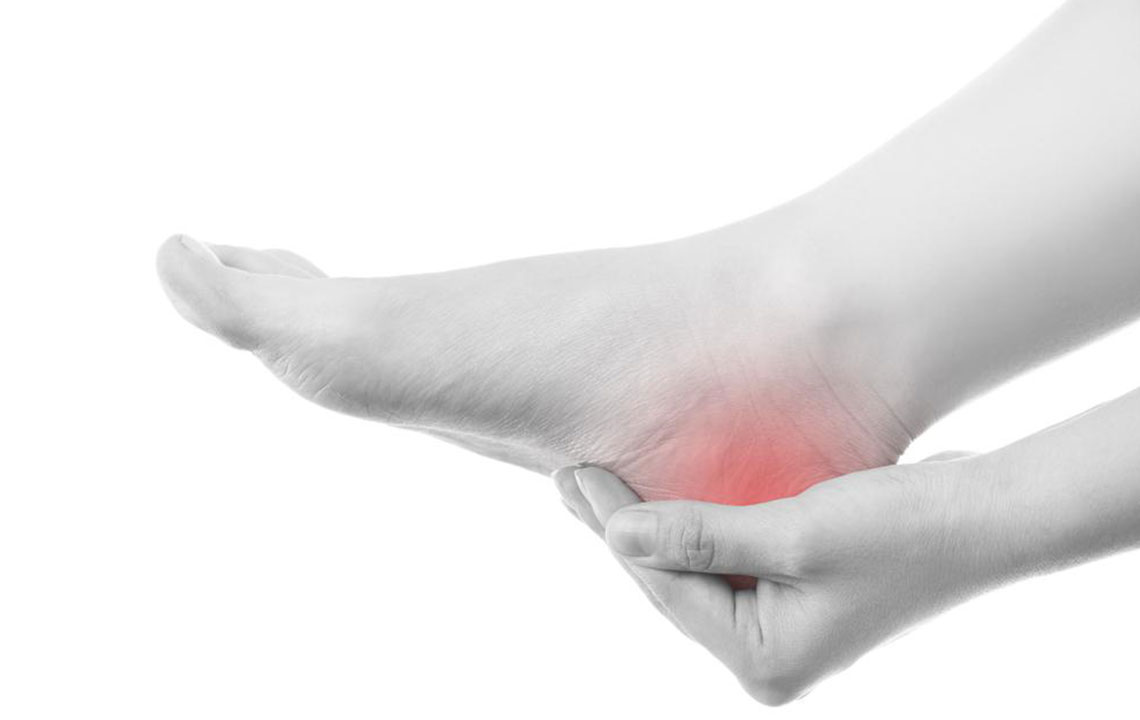Effective Dietary Strategies for Managing Gout Pain
Discover effective dietary tips for managing gout pain with a balanced meal plan that includes nutritious foods and avoids triggers such as red meat, sugars, and alcohol. Lifestyle changes combined with proper diet can help prevent gout attacks, alleviate symptoms, and promote joint health through better uric acid regulation.
Sponsored
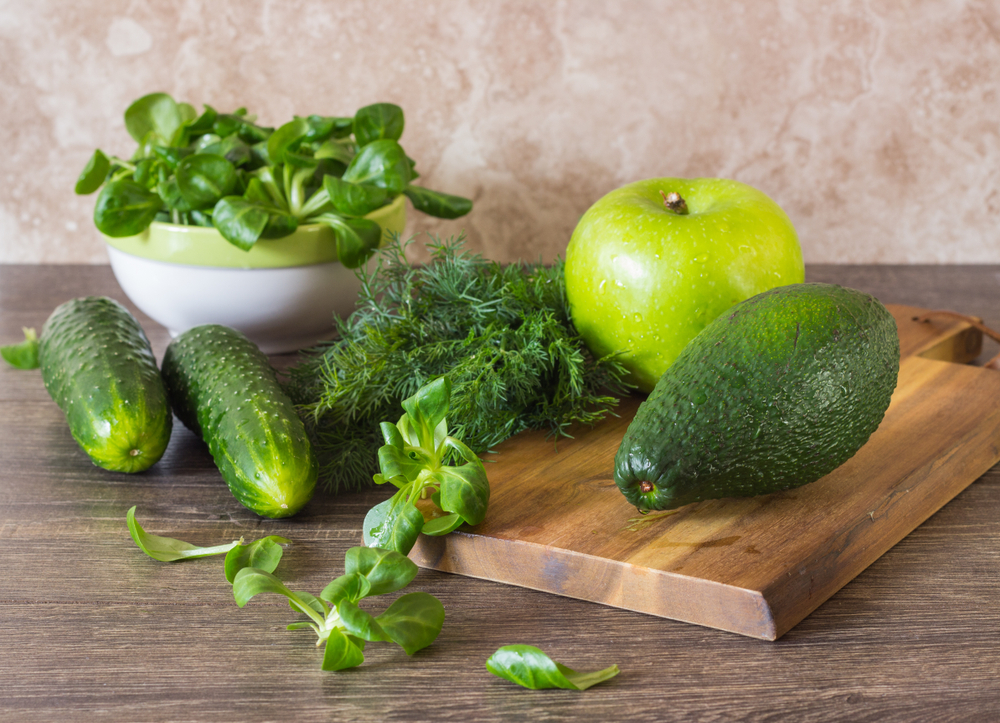
Nutrition tips to help control gout discomfort
Gout is a prevalent form of arthritis that causes critical joint inflammation, pain, and swelling. It occurs when excess uric acid accumulates in the blood, originating from purines found naturally in foods and produced within the body. Normally, uric acid dissolves in blood and is excreted through urine. However, when production exceeds elimination, uric acid crystals form and settle in joints, triggering gout attacks. Proper dietary choices can significantly influence gout management and reduce flare-ups.
Eating the right foods supports nutrient intake and minimizes risks associated with uric acid buildup. A balanced gout diet aids in weight control by reducing calorie intake and excess body fat, which can lower uric acid levels. Adherence to an appropriate diet also helps manage symptoms and prevent painful outbreaks.
A suggested gout-friendly meal plan includes:
Breakfast:
Warm water upon waking
Low-fat milk with unsweetened cereal
Fresh fruits rich in Vitamin C
Lunch:
Salad with broccoli, beets, and cabbage
Grilled chicken strips
Chickpeas in a whole-wheat wrap
Dinner:
Canned tuna or salmon
Feta cheese salad
Scrambled egg tacos
Herbal tea for digestion
Gout-friendly meals can be tasty and varied. Still, certain foods should be avoided, including:
Red meats
Meats like pork and lamb are high in purines and should be limited. Organ meats such as liver and kidneys can also increase uric acid levels.
Sugary products
Foods with high sugar content, including candies, cakes, sweetened cereals, and sugary drinks, can worsen gout symptoms. Artificial sweeteners should be used sparingly.
Alcohol
Alcoholic beverages, especially beer and spirits, are associated with increased gout risk. Reducing or abstaining from alcohol can help prevent flare-ups.
Gout management benefits greatly from choosing the right diet along with maintaining a healthy weight, staying well-hydrated, exercising regularly, and considering supplements under medical guidance.


